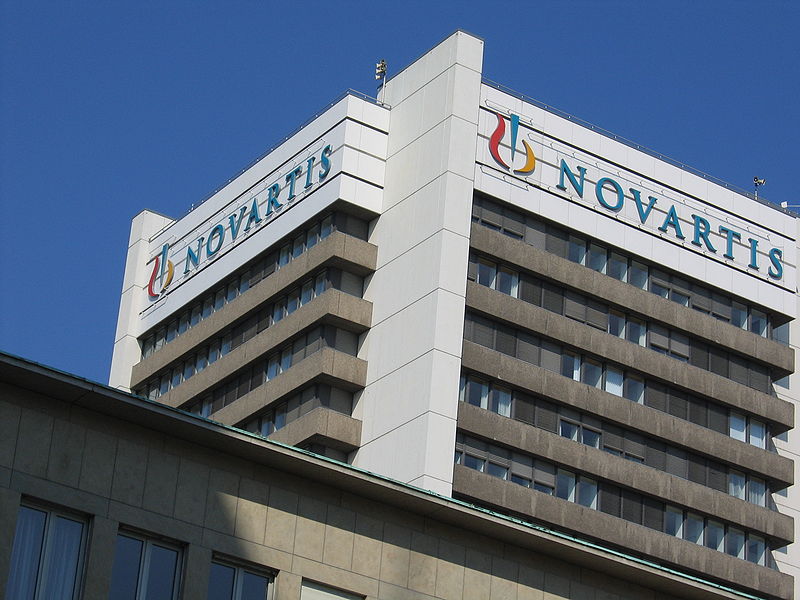
Novartis has decided to conclude the Altitude study with Rasilez/Tekturna (aliskiren), on the recommendation of the independent data monitoring committee overseeing the trial.

Discover B2B Marketing That Performs
Combine business intelligence and editorial excellence to reach engaged professionals across 36 leading media platforms.
The committee said that patients receiving Rasilez/Tekturna were unlikely to benefit from treatment added on top of standard anti-hypertensives, and identified higher adverse events compared to the standard of care.
In the first randomised, double-blind and placebo-controlled Phase III Altitude study, patients with type 2 diabetes and renal impairment were given Rasilez/Tekturna along with an angiotensin converting enzyme inhibitor or angiotensin receptor blocker.
The trial arm in which Rasilez/Tekturna was added to the standard of care showed an increased incidence after 18-24 months of non-fatal stroke, renal complications, hyperkalemia and hypotension in the high-risk study population.
The company is in a dialogue with health authorities worldwide about the implications of the findings from Altitude for patients, and as a precautionary measure it will stop promoting Rasilez/Tekturna-based products for use in combination with an angiotensin converting enzyme inhibitor or angiotensin receptor blocker.

US Tariffs are shifting - will you react or anticipate?
Don’t let policy changes catch you off guard. Stay proactive with real-time data and expert analysis.
By GlobalDataStudy investigators have been recommended to remove Rasilez/Tekturna-based products from patients’ treatment regimens and review their high blood pressure medication by Novartis.
The company said total sales of Rasilez/Tekturna-based products for the first nine months of 2011 were $449m, and are expected to be negatively impacted by the study results.
In previous clinical studies, the efficacy and safety of Rasilez/Tekturna have been investigated in more than 57,000 patients.
Caption: Novartis terminates clinical study with Rasilez/Tekturna in diabetic patients.



